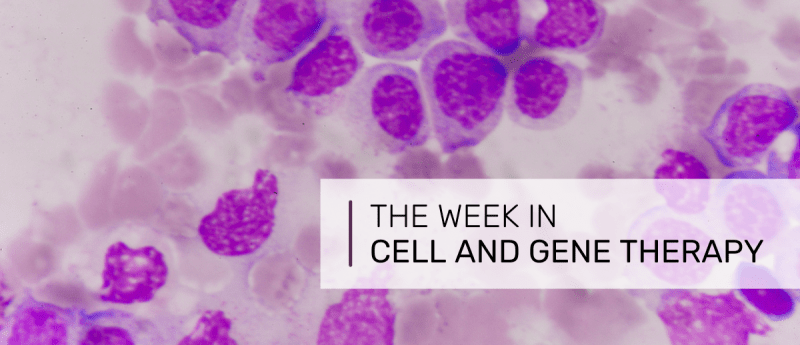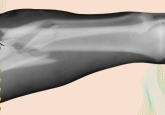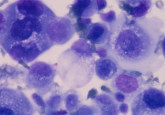Cell therapy weekly: Aurion Biotech raises US$120 million to restore vision through innovative cell therapy

This week: Aurion Biotech raises US$120 million to restore vision through innovative cell therapy, BioCardia receives FDA approval for COVID-19 stem cell trial and Lonza utilizes magnetic cell selection in its cell therapy manufacturing platform.
The news highlights:
Aurion Biotech raises US$120 million to restore vision through innovative cell therapy
Aurion Biotech (WA, USA), a clinical-stage biotech company spun out of eyecare company CorneaGen (WA, USA), has recently secured US$120 million in funding to expand their cell therapy treatment of corneal disease or injury. The corneal endothelium does not regenerate; therefore, treatment often requires a corneal transplant which are of limited supply. Aurion’s cell therapy technology aims to restore vision for patients unable to receive a corneal transplant, claiming to create cell therapies for around 100 patients from just one cornea. The cell therapy will remove the structures from the eye that prevent endothelial cells from regenerating, allowing them to proliferate while still in the eye. These endothelial cells can then be injected into the patient’s eye to produce functional cells.
The cell therapy is already backed by clinical data, being successful in both Japan and El Salvador. Results from the Japanese study state that after 24 weeks of injection, there was improvement of the density of corneal endothelial cells, corneal thickness and visual acuity. “Our financing speaks volumes about the potential of our cell therapy to transform the lives of millions of people suffering from corneal endothelial dystrophies,” commented Greg Kunst, Chief Executive Officer of Aurion Biotech. “It dramatically increases the number of treatments [and] the number of providers.”
BioCardia receives FDA approval for COVID-19 stem cell trial
The FDA have granted approval to BioCardia’s (CA, USA) Investigational New Drug application for BCDA-04, a neurokinin-1 receptor-positive allogeneic mesenchymal stem cell population. BioCardia is a clinical-stage regenerative medicine company, aiming to treat acute respiratory distress syndrome (ARDS) with the therapy. Phase I/II clinical trials will begin in in adults recovering from COVID-19–linked ARDS, with the intent to begin first-in-human trials in the third quarter of this year.
The trial will begin by increasing doses of the mesenchymal stem cell population until an optimal dose is identified. This dose will then be implemented in the randomized Phase II trial in adults recovering from COVID-19–linked ARDS. “We expect the anti-inflammatory nature of these mesenchymal stem cells to have a positive impact in ARDS because of the interaction of the neurokinin-1 receptors with Substance P, a neuropeptide that has long been known to be a primary mediator of inflammation in the lungs,” remarked Ian McNiece, Chief Scientific Officer of BioCardia.
Lonza utilizes magnetic cell selection in its cell therapy manufacturing platform
Lonza (Basel, Switzerland) is growing its Cocoon platform with ‘magnetic cell selection’ capabilities. The expansion comes as a response to current cell and gene therapy manufacturing challenges – a result of therapy complexity and patient-specific variability. Magnetic cell selection utilizes monoclonal antibody-conjugated magnetic beads for the selection of specific cell types from cell suspensions. This aims to deliver a high level of customization and consistency for cell therapies, tackling the issue of patient-specific variability.
“As most currently available solutions rely on manual or semi-manual processes, automating cell selection and separation increases overall process efficiency, minimizes user input variability and allows for easier scale-up. Lonza’s new Magnetic Selection capability implemented within the Cocoon cassette helps to address the challenge of high variability in the cellular starting material received from patients or donors,” stated Tamara Laskowski, head of Clinical Development, Personalized Medicine at Lonza.
You might also like:





